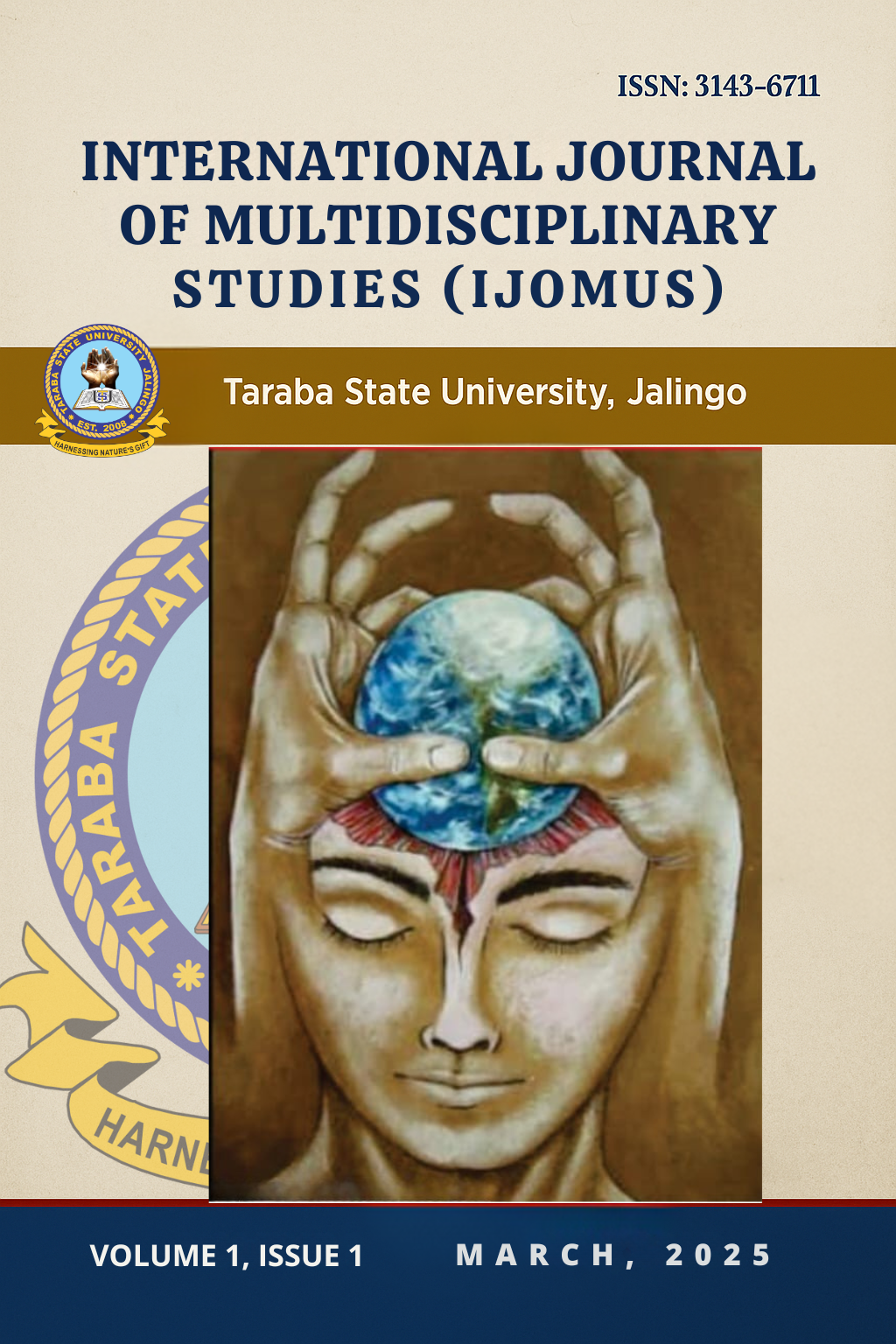THE INTERSECTION BETWEEN FAITH AND CULTURE: AN AFRICAN PHILOSOPHICAL ANALYSIS OF CHRISTIAN WOMEN’S EXPERIENCES IN NIGERIA
Abstract
The examination of the intersection between faith and culture, through the perspective of African philosophical analysis of Christian women's experiences in Nigeria, reveals that the church in Africa functions within a patriarchal framework that inhibits women from actualising their inherent potential. Concerns with the placement of women in leadership jobs are often linked to traditional gender norms within society. This study articulates a Christian philosophical perspective on the evolution of women's roles in the African context, their involvement in the church, and their contributions to ecclesiastical growth and development. The study aims to highlight the importance of women's contributions to church growth, claiming that every individual has distinct talents and should be given the opportunity to advance the church's development in Africa, regardless of cultural limitations. To achieve the objectives of this study, the researchers utilised a secondary research methodology, gathering data from books, journals, and other relevant publications related to the discourse. Fundamental data analysis was employed to assess the intersection of faith and culture from the perspective of African philosophical scrutiny of Christian women's experiences, namely in Nigeria. The survey revealed that women have undergone a significant transformation within the church and are progressing, as exemplified by the initiatives of Prophetess Hannatu Emmanuel Masa-Ibi. Furthermore, the study demonstrated that religion integrates cultural elements. The paper concludes with recommendations, particularly advocating for the inclusion of women in church administration within African ministries.

